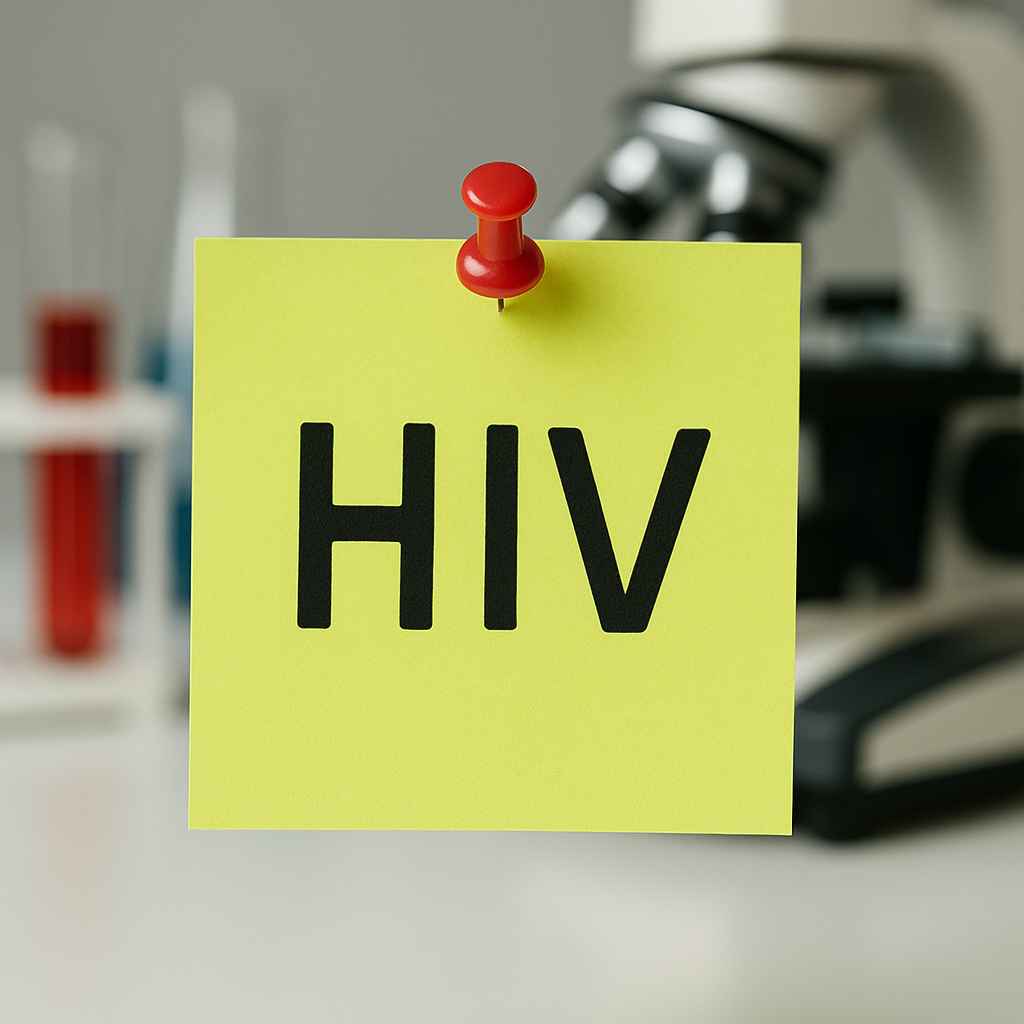Is a cure for HIV closer than we think? For decades, scientists, healthcare providers, and advocates have been working tirelessly toward ending the global HIV epidemic. Thanks to remarkable advancements in HIV treatment and cure research, hope has never been more tangible. Today, we’re seeing innovative therapies, long-acting treatments, and promising strategies that may one day lead to a functional or even sterilizing cure for HIV.
Table of Contents
- Current State of HIV Treatment
- Breakthroughs in Long-Acting Therapies
- Vaccine Development and Immunotherapy
- Gene Editing and Cure Research
- What This Means for the Future
Current State of HIV Treatment
Antiretroviral therapy (ART) remains the gold standard in managing HIV. By suppressing the virus to undetectable levels, ART enables individuals living with HIV to live long, healthy lives. When taken consistently, ART also prevents the transmission of HIV to sexual partners, supporting the U=U (Undetectable = Untransmittable) movement.
Despite its effectiveness, ART requires daily adherence, which can be challenging for some. Issues like stigma, medication access, and side effects persist. That’s why researchers are pushing for treatments that are not only more effective but easier to manage.
Breakthroughs in Long-Acting Therapies
One of the most exciting developments in recent years is the introduction of long-acting injectable HIV treatments. Drugs like Cabenuva (cabotegravir and rilpivirine) allow patients to receive injections once a month or even every two months instead of taking daily pills. This option significantly reduces pill fatigue and improves adherence.
Clinical trials have also shown high efficacy rates for long-acting PrEP (pre-exposure prophylaxis), particularly injectable cabotegravir. These options could revolutionize prevention strategies, especially in underserved communities where daily medication may not be feasible.
Vaccine Development and Immunotherapy
Efforts to develop an effective HIV vaccine have seen renewed momentum. While past trials have faced challenges, researchers are exploring mRNA vaccine platforms—similar to those used for COVID-19—to produce a more robust immune response against HIV.
In addition, immunotherapy approaches, such as broadly neutralizing antibodies (bNAbs), are being tested to help the immune system better recognize and fight the virus. These therapies are designed to suppress the virus for extended periods without daily medications, representing a step closer to a functional cure.
Gene Editing and Cure Research
Perhaps the most revolutionary frontier in HIV cure research involves gene editing technologies like CRISPR. Scientists are experimenting with editing the CCR5 gene—a key entry point HIV uses to infect cells. Some rare individuals naturally lack this gene and are resistant to HIV infection. Replicating this genetic resistance in others could potentially offer a cure.
Another area of promise is “kick and kill” or “block and lock” strategies. These aim to either activate latent HIV reservoirs and destroy them or keep the virus permanently dormant. Although still in early stages, these approaches are progressing through clinical trials with encouraging results.
For more on ongoing HIV cure trials, visit HIV.gov.
What This Means for the Future
The future of HIV treatment and cure research is filled with possibility. With new delivery systems, improved therapies, and potential pathways to a cure, we are closer than ever to transforming the lives of millions. These advances also hold promise for ending the epidemic altogether.
However, access to care remains a critical issue. It’s essential that as science progresses, global healthcare systems also ensure equitable distribution of these breakthroughs. To explore digital outreach and advocacy solutions for HIV organizations, visit eHealthcare Solutions.
While we wait for a cure, early testing, treatment adherence, and preventative strategies remain our most powerful tools. If you or someone you know needs support, please seek guidance from a medical provider or visit Healthcare.pro.
Conclusion
From long-acting injectables to cutting-edge gene therapies, the field of HIV treatment and cure research is evolving rapidly. These innovations bring renewed hope and a realistic path forward. While challenges remain, the momentum toward ending HIV is stronger than ever—and with continued support, collaboration, and funding, a future without HIV is within reach.
FAQs
Is there a cure for HIV yet?
No, there is currently no cure for HIV, but several promising therapies are under development that may lead to a functional or sterilizing cure.
What is the newest HIV treatment available?
Long-acting injectable treatments like Cabenuva are among the newest FDA-approved options, offering monthly or bi-monthly dosing.
Are mRNA vaccines being tested for HIV?
Yes, researchers are developing mRNA-based HIV vaccines, which could provide better immune responses compared to older vaccine technologies.
Can gene editing cure HIV?
Gene editing technologies like CRISPR show promise but are still in experimental stages. They could one day offer a path to curing HIV by removing or disabling the virus’s ability to infect cells.
Where can I find HIV clinical trials?
You can explore ongoing trials at HIV.gov or consult with your healthcare provider for options in your area.
This content is not medical advice. For any health issues, always consult a healthcare professional. In an emergency, call 911 or your local emergency services.




